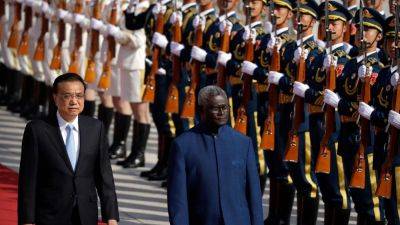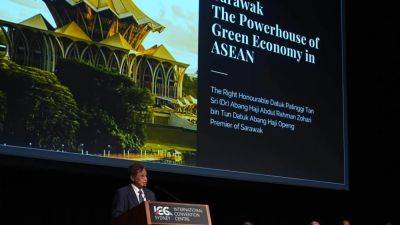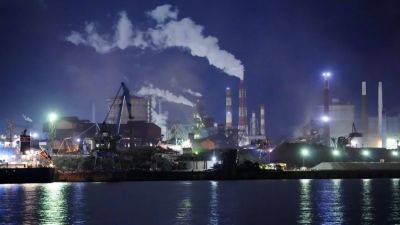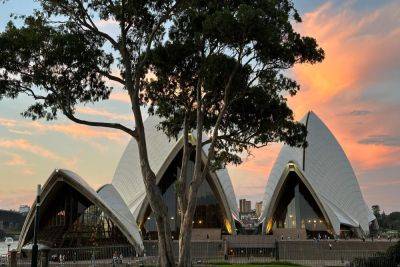Australia urged to cut fossil fuel emissions as Pacific nations back landmark policing plan
The United Nations and climate activists have pressed developed nations such as Australia to further curb fossil fuel emissions at a key annual Pacific leaders’ forum in Tonga, amid warnings of the “grave danger” of rising sea levels.
Leaders at the Pacific Islands Forum meeting on Wednesday also separately endorsed a Canberra-led regional policing initiative, a move seen as a means to limit China’s security influence in the region.
UN Secretary-General Antonio Guterres opened the meeting on Monday with a warning, saying the unprecedented rate at which the seas were rising due to global warming was putting the Pacific islands – only a few metres above sea level – in “grave danger”.
Guterres said developed countries with the means to cut back on fossil fuel projects must step up their efforts to reduce emissions. That includes the Pacific’s biggest member, Australia, which has been criticised for “climate fraud” over its continued expansion of coal and gas projects.
“The changes here in the Pacific region are visible since my last visit,” Guterres said during a follow-up press conference on Tuesday. “If we save the Pacific, we also save ourselves.”
350 Pacific, a regional group fighting climate change, said it expected better leadership, particularly from Australia.
“While Australia has contributed A$100 million (US$67 million) to the Pacific Resilience Facility on the one hand, it is important to note that they are still actively approving new fossil fuel projects, exacerbating the climate crisis and increasing the burden of recovery faced by the Pacific,” 350 Pacific managing director Joseph Sikulu said on Tuesday.
The Pacific Resilience Facility is a fund created to help Pacific nations prepare for and respond to natural







